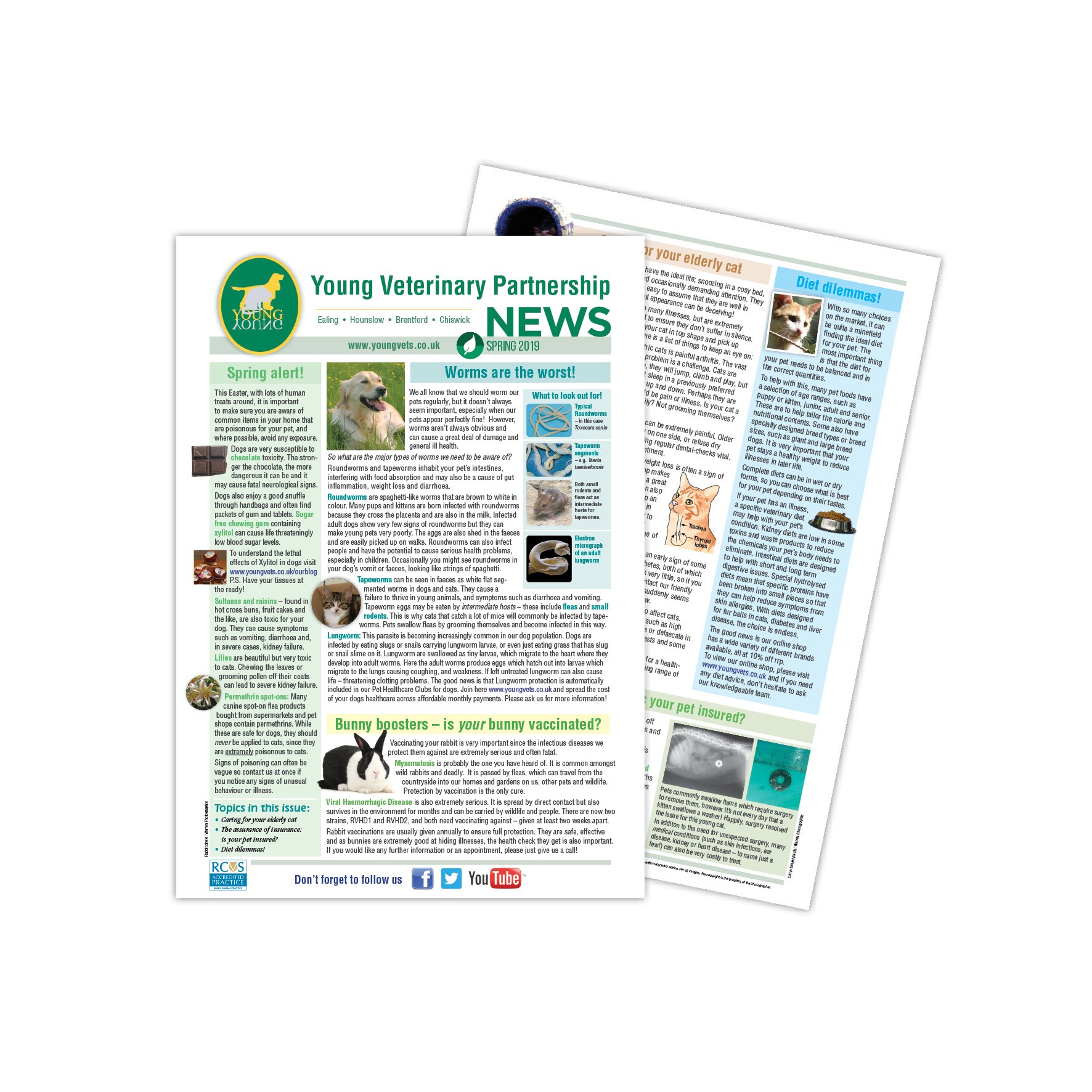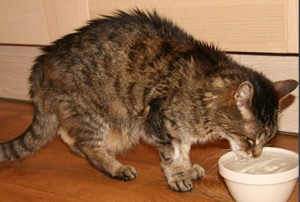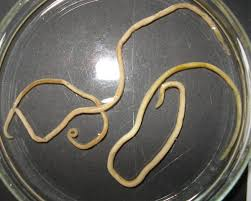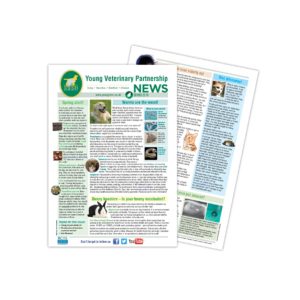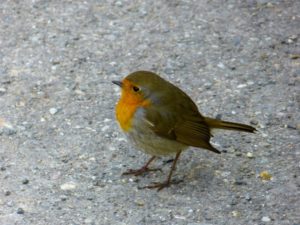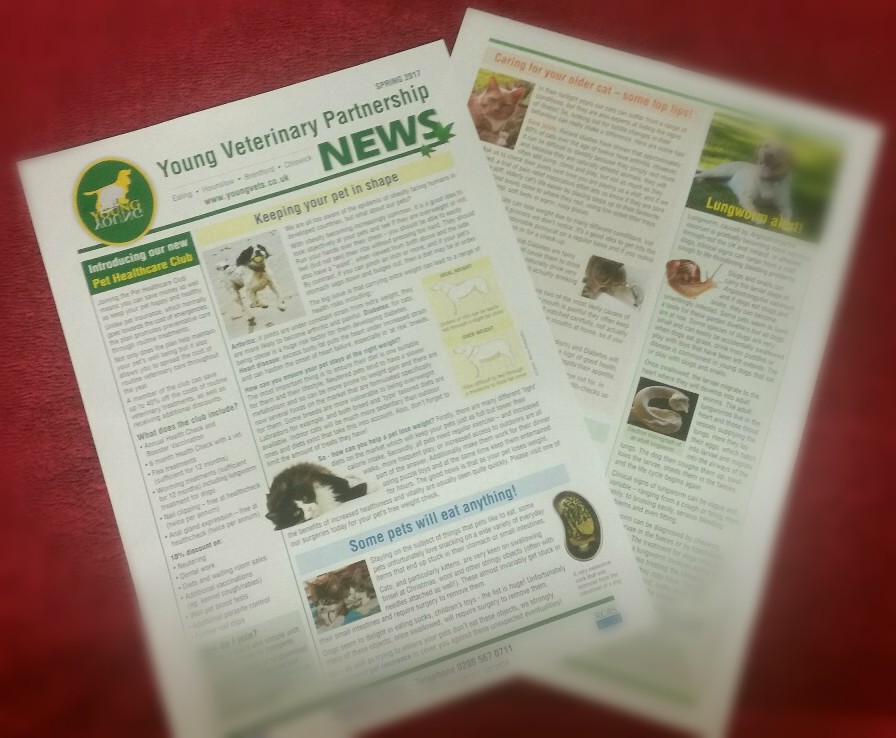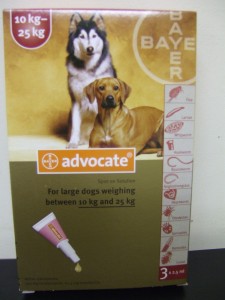Introducing a new pet into the family is a lot of fun and also a big responsibility. We’ve produced a ‘to – do’ list, it includes all the pet care essentials you need to consider before you bring your new family member home. The list includes vaccinations – Has your new pet already been vaccinated? Or perhaps they need start a vaccination course? A visit to a new vet can seem a little daunting but don’t worry we have puppy and kitten packages available to protect your new pet from some potentially deadly diseases, ask our friendly team today.

Spring has Sprung!
Spring has Sprung, its time to start getting out and about and back in your garden but are you aware of the pet hazards that could be lurking outdoors? Our Spring Pet Blog discusses the outdoor dangers that could result in a trip to the vets. Understand more about what to watch out for in your garden, read about it here.

Pet obesity – is your pet suffering?
Sadly, pet obesity is becoming more and more common, our Spring Pet Blog explains the extra demands that are placed on your pet when they are carrying more weigh than they should be. Also included, how to access your pets weight from home without the need for scales.
The good news is all of our surgeries offer FREE weight checks for your pet. Phone our friendly teams today and we can give you a suitable time to pop in, weigh your pet and if you need a little extra support, we can refer your to one of our nurses for diet and exercise advice tailored to your pets individual needs.
We hope you enjoy reading our latest Pet Blog, if you have a query regarding any of the articles mentioned please do not hesitate to contact us for more advice.
Don’t forget – Our Pet Healthcare Club is open and still welcoming new members. Our Healthcare Clubs allow you to spread the cost of your vet care essentials across affordable payments on a date that suits you! All plans include monthly parasite protection, annual booster vaccinations and health checks, nail clips, anal gland expression plus a 10 % discount off all other products and services we provide. Sign up today and pay no joining fee.


